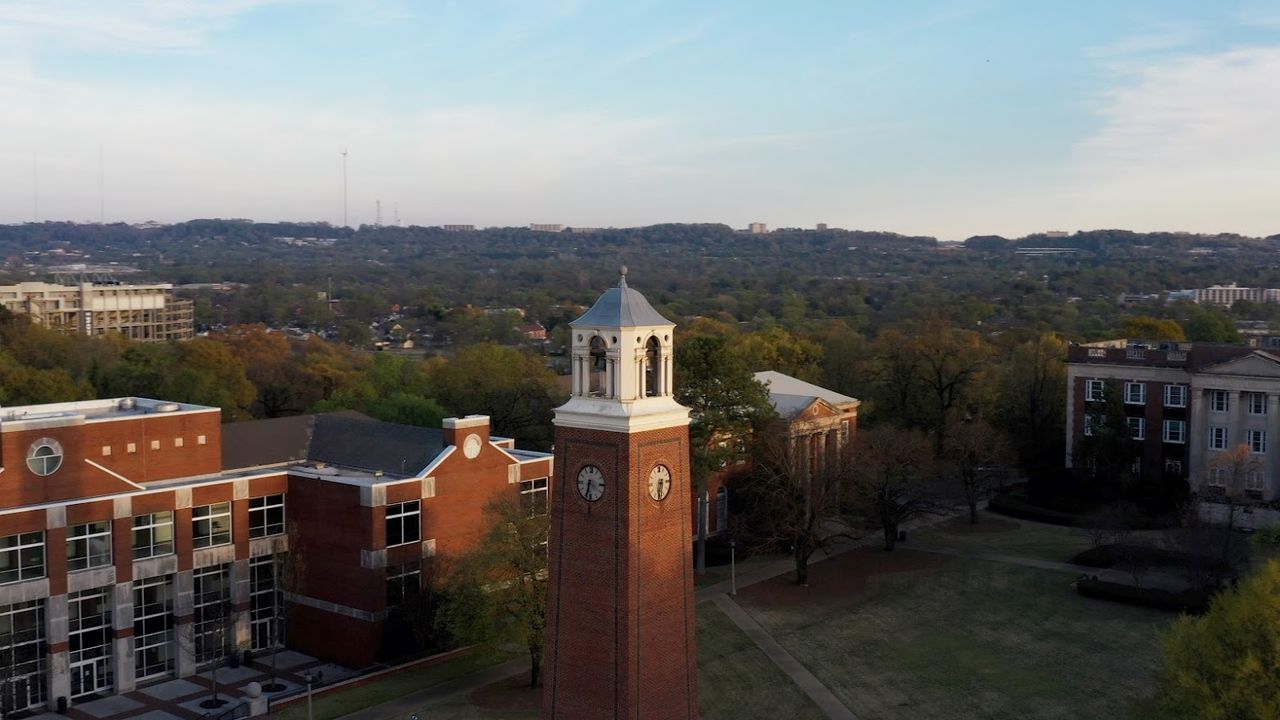Guest opinon: Why Birmingham can’t afford to lose Birmingham-Southern College
This is a guest opinion column
We write in support of Birmingham-Southern College today not just as Birmingham city councilors, but as two individuals who have been heavily involved in economic and business development. Our experience in that domain has led each of us to the strongly held opinion that Birmingham can’t afford to lose BSC.
As a former Director of Economic Development for the City of Birmingham (Councilor Clarke) and as the current Chair of the city council’s Economic Development Committee (Councilor Williams), we both understand how critically important it is that we do not lose a long-standing institution that serves as an important economic anchor in western Birmingham, a drastically underserved area.
Every year, BSC generates more than $97 million in direct economic impact, provides employment for 300 people, and generates another 1,189 indirect jobs. Furthermore, the school’s 9,500+ graduates who live in and provide civic leadership for every county in our state, are responsible for an additional value-added benefit of roughly $211 million each year. Many of those graduates – 57 percent – and much of that economic impact — about $157 million per year — is felt right here in Jefferson County.
BSC sits on the northeastern edge of Bush Hills neighborhood, immediately across the road from College Hills. A dark, vacant 192-acre campus is a scary thought. What are the potential re-uses of a large purpose-built community such as this? We can’t think of any realistic ones. In any case, it is most certainly a very short list.
If the college does not survive, of necessity, the liquidation will be swift and probably without regard for compatibility with surrounding neighborhoods. Securing the site will be difficult and costly without an active user of the whole site. How long before the site becomes severely vandalized and altogether unsalvageable?
Consider the decay over time of the former Carraway Hospital site, which is a fraction of the size of the BSC campus. Will the City, County and State later be asked to invest $50 million to make feasible a redevelopment of the vacant BSC site? It is pretty simple calculus for us: Losing the school will be a devasting blow to western Birmingham and the city as a whole.
We can’t let that happen.
The origin of the financial difficulties that led BSC to this point dates back nearly two decades and took place under a previous college administration. Current BSC President Daniel Coleman and his team have a solid plan to put the college back on sound financial footing for once and for all.
Daniel Coleman is no ordinary college president. In his 30+-year career in New York and Chicago, he helped to build and run global financial institutions. He returned to his beloved hometown, Birmingham, in 2009 and was specifically recruited to the presidency by the BSC board in 2018 to help solve this old problem that has been percolating for some time. His transparency is refreshing, and he can see the issues through a different lens than most. He won our confidence by his insistence on solving the whole problem this time around, so that we are not right back in the same place a few years from now.
BSC has already raised nearly $46 million toward an endowment fund goal of $200 million and is on pace to meet 100% of their goal by May 2026. But BSC needs breathing room to operate and time to raise the remainder of the endowment. Once an endowment of that size is in place, it will generate sufficient income to defray 20% of the school’s annual operating cost. Most importantly, that means Birmingham-Southern won’t have to ask for public sector help again.
Some have voiced concerns about BSC being “private.” In our minds, this means BSC provides a high-quality public service without the use of public funds. This is music to our ears, because in the normal course, public funds are never plentiful enough to address all the needs at hand. We view this one-time public investment, at a time when recovery funds are plentiful, as a worthwhile and appropriate exception.
In the course of our work in economic development, we have both seen city, county, and state governments provide hundreds of millions of dollars in incentives for development projects that guarantee job creation. In fact, the average major economic development project in our state from 1995 to 2012 benefitted from $242 million in incentives from all levels of government. We believe the benefits of these projects were worth the investment because they continue to pay economic dividends for decades to come.
And so will Birmingham-Southern College if we invest the public funds needed to help it through this rough patch.
A recent study by Keivan Deravi, Ph.D., shows that over the next decade Birmingham-Southern will have a direct economic impact of nearly one billion dollars ($972 million). All for a one-time investment by the public sector of $37.5 million.
We believe the economic engine that is Birmingham-Southern College can put money in tax coffers and in the pockets of workers, year after year. It can literally help the City of Birmingham provide city services like road repairs, sewer upgrades, park and library improvements and enhanced public safety.
Let’s get together and save Birmingham-Southern College. We cannot afford to lose it.
Carol E. Clarke is Birmingham City Councilor, District 8 and Hunter Williams is Birmingham City Councilor, District 2
